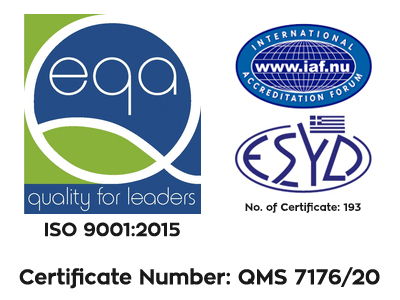An ERP consultant is a professional who specializes in enterprise resource planning (ERP) systems. ERP systems are integrated software applications that help organizations manage their business processes, such as financials, human resources, supply chain, and customer relationship management.
An ERP consultant is responsible for implementing and configuring ERP systems to meet the specific needs of a company. The consultant works with the company to understand its unique requirements, such as business processes, data requirements, and organizational structure.
The requirements for an ERP consultant vary depending on the level of experience and the size of the organization. However, a bachelor’s degree in computer science, business administration, or a related field is usually required. In addition, several years of experience in the field of ERP is also typically required.
An ERP consultant should have excellent communication and interpersonal skills, as well as strong technical skills. The consultant should be able to work well with clients and team members, and should be able to clearly explain complex technical concepts to non-technical stakeholders.
The responsibilities of an ERP consultant include:
An ERP consultant is necessary for a company because ERP systems are complex and require a deep understanding of both the software and the business processes they support. An ERP consultant can help a company choose the right ERP solution and ensure that it is implemented and configured correctly.
In addition, an ERP consultant can provide ongoing support to the company, helping it to get the most out of its ERP system. This can lead to increased efficiency, improved decision-making, and better business outcomes.
In conclusion, an ERP consultant plays a crucial role in helping organizations manage their business processes effectively and efficiently. With their technical expertise and business knowledge, ERP consultants help companies achieve their goals and stay competitive in today’s fast-paced business environment.






